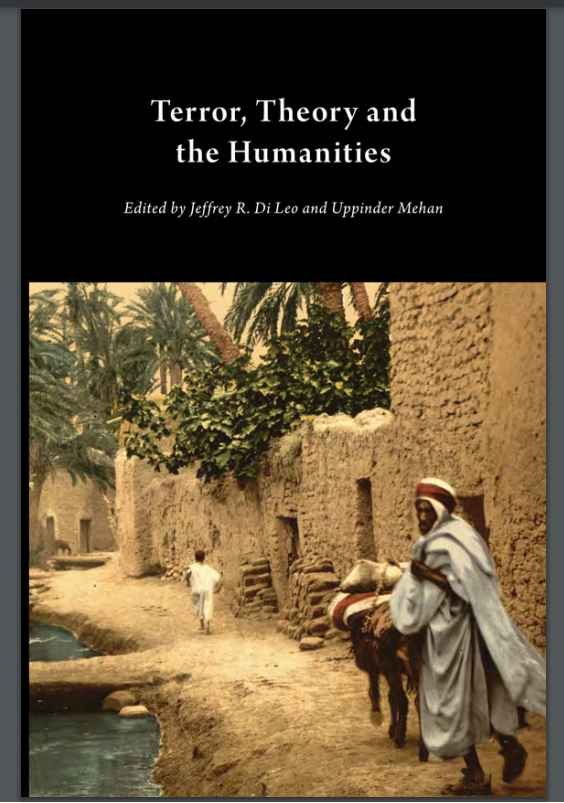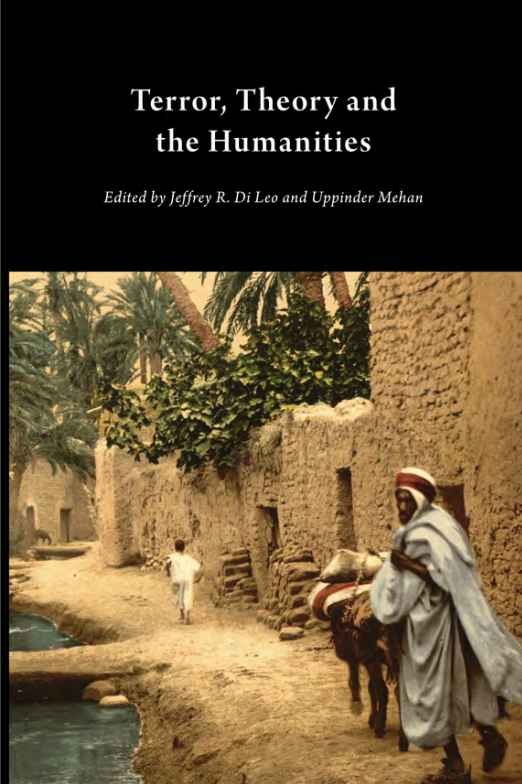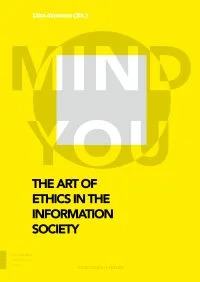BY MAX HORKHEIMER AND THEODOR W. ADORNO
Dialectic of Enlightenment is, quite justifiably, one of the most celebrated and often cited works of modern social philosophy. It has been identified as the keystone of the 'Frankfurt School', of which Theodor Adorno and Max Horkheimer were the leading members, and does not cease to impress in its wide-ranging ambition and panache. Adorno and Horkheimer addressees themselves to a question which went to the very heart of the modern age, namely 'why mankind, instead of entering into a truly human condition, is sinking into a new kind of barbarism'. Modernity, far from redeeming the promises and hopes of the Enlightenment, had resulted in a stultification of mankind and an administered society, characterised by simulation and candy-floss entertainment. To seek an answer to the question of how such a condition could arise, Adorno and Horkheier subjected the whole history of Western catagories of reason and nature, from Homer to Nietzsche, to a searching philosophical and psychological critique. Drawing on psychoanalytical insights, their own work on the 'culture industry', deep knowledge of the key Enlightenment and anti-Enlightenment thinkers, as well as fascinating considerations on the relationship between reason and myth - the rational and the irrational - the authors exposed the domination and violence towards both nature and humanity that underpin the Enlightenment project
Verso, 1997, 258 pages





















